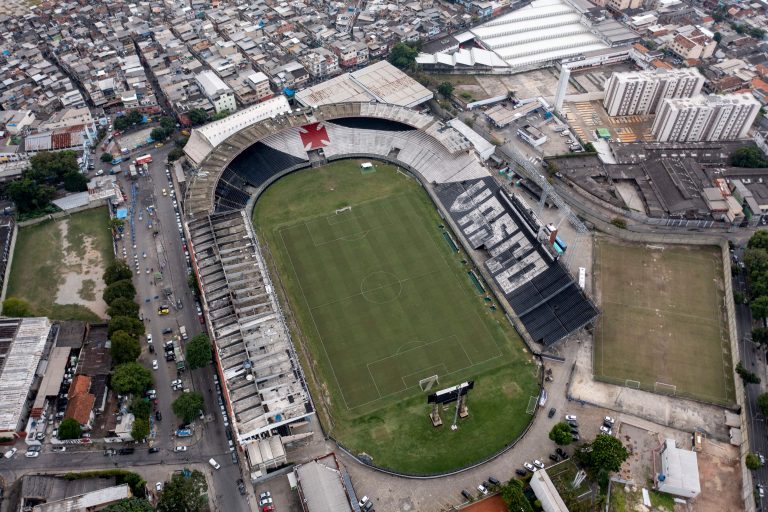This year Vasco da Gama will celebrate 125 years of uninterrupted history. The club is one of the greats of Brazil, with a lot of history, trophies and low moments like any other team. But something that makes this Rio de Janeiro team stand out is that they were the first to kick off so that black footballers could play games in the Brazilian leagues.
President José Augusto Prestes would make history by signing on April 7, 1924 what is known in Brazil as the Historical Response, this was a statement released by the Rio de Janeiro team where they refused to play their games without their black players as stipulated by the representatives.
READ MORE
++ Who was the first Brazilian to play for Real Madrid?
++ Pelé joins the Portuguese language dictionary
++ The Brazilian kid playing for Ronaldo’s Valladolid and how he is gaining space in Europe
João Ernesto Ferreira, the club’s vice president of relations, highlights the importance of the Historical Response: “For us it is like another trophy,” said Ferreira, who, like many within Vasco’s team, sees this victory with such an important social impact as a sporty.
But the commitment against racism and the poorest areas of the country is not something new for the club. In 1922, when the rowing club began its foray into the world of soccer, it was crowned champion of the second division with outstanding players who worked as drivers and cleaners, which earned them a spot in the first division the following season. It was a great year and it prompted Vasco into reaching the title above established teams such as America, Botafogo, Flamengo and Fluminense.
In any case, and in the words of Ricardo Pinto dos Santos from the Federal University of Rio de Janeiro: “Vasco cannot live by celebrating the past. To maintain the representation of a club committed to the fight against racism, it is necessary to commit to the present”, he affirmed and maintains that the fight that Vasco da Gama is something of every day and should not remain a historical milestone.



